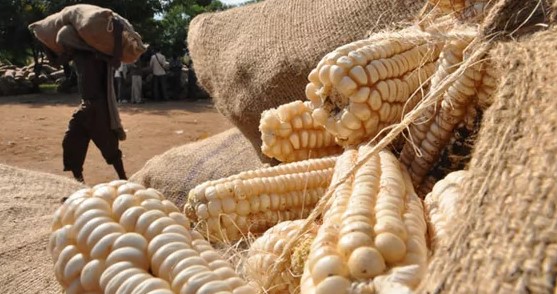The government has announced that it will set aside Kes 4 billion to purchase maize from farmers through the National Cereals and Produce Board (NCPB) this harvest season.
The allocation is aimed at mitigating price fluctuations as maize farmers across the country expect a bumper harvest in the current season set to hit its peak.
Farmers in the North Rift and areas of Western Kenya credit government-subsidized fertilizer projects for good crop development because they have timely access to discounted fertilizer.
The Cabinet also emphasized the value of helping farmers store and dry their produce to reduce post-harvest losses.
In the interim, government agencies have been instructed to reduce their spending by 10% in the current fiscal year to line their spending with the available resources.
Did you read this?
President William Ruto gave the directions during a cabinet meeting as part of the state agencies' adaptation to the worldwide economic crisis.
“There is need for the Government to exercise prudence in resource utilization, firmly stating that wastage and corruption would not be tolerated,” Ruto said.
The move aims to bring back sanity in spending in public service and unshackling the country from the burden of public debt.
Further, Ruto issued a warning to government officials seeking to bypass the use of a unified payment system, underscoring the necessity for better oversight.
The Kenyan government is under increasing pressure to lower the high cost of living brought on by rising food and gasoline prices.
This is largely because raising taxes would burden taxpayers whose disposable incomes have already been negatively impacted by the high cost of living, while cutting expenditures could stifle further production development.
As part of attempts to jump-start the recovery of an economy struggling from growing inflation, a scarcity of US dollars, and declining foreign exchange reserves, the Kenya Kwanza Alliance administration is pursuing a fiscal consolidation strategy, including capping new borrowing.









